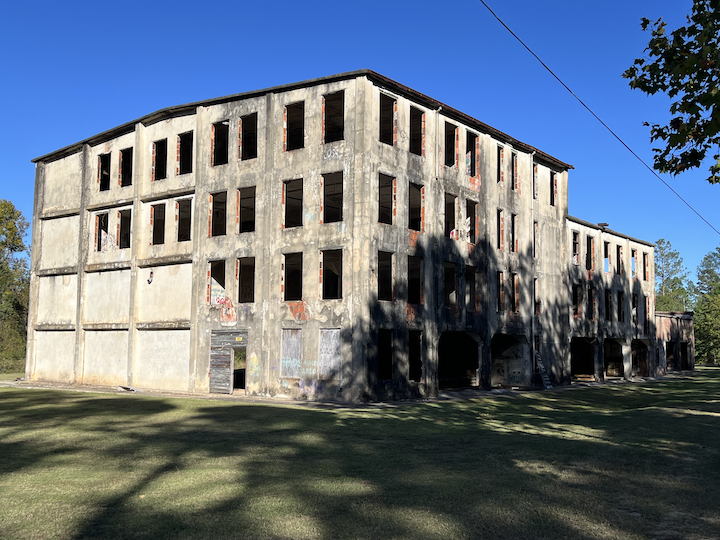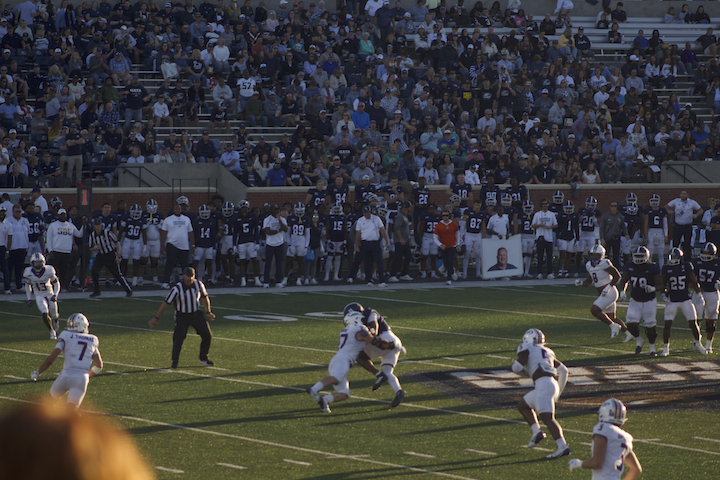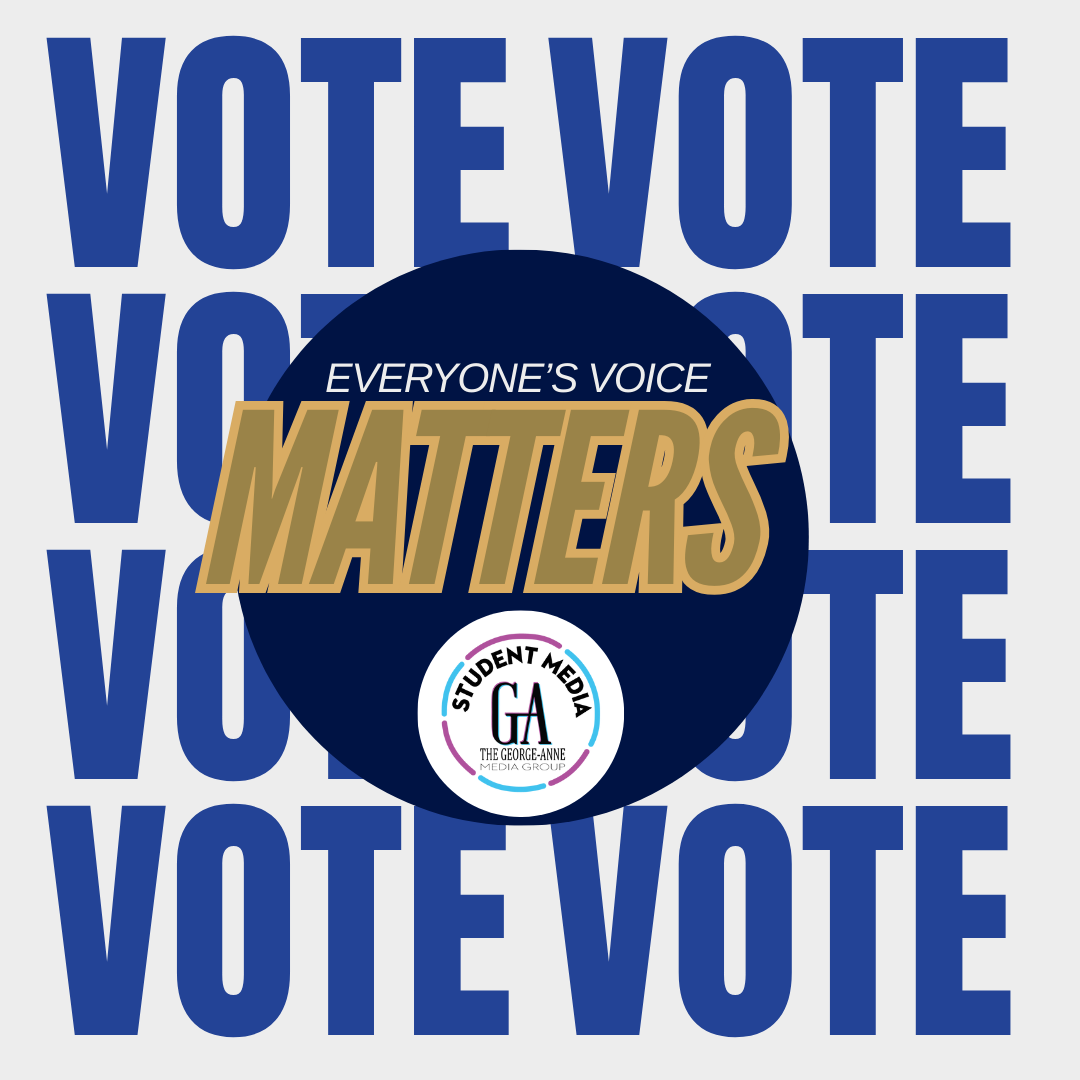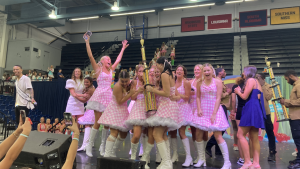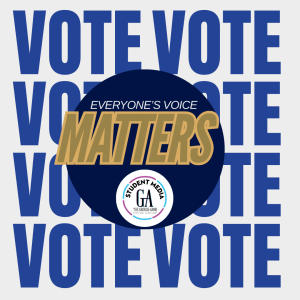Professors weigh in with their professional i-Clicker preference
January 29, 2015
Earlier this month, 64 Dartmouth College students faced disciplinary action for using their electronic clickers to cheat on in-class quizzes. The clickers are registered to the individual, but Dartmouth administration said students were passing their clickers on to their classmates, who would answer questions for them, according to the Boston Globe.
Dr. Jacque Kelly, professor of geology at Georgia Southern University, has been using electronic clickers in her introductory classes for three years now, and she’s a fan.
“I can ask a question and see right away if students are getting the concepts or not,” Kelly said. “If an answer comes up 50/50, then I will have the students debate the answer . . . so it also increases student learning in that respect.”
Kelly uses clickers almost exclusively in her introductory classes, having her students use them to complete exams as well. It allows students to receive their grades almost immediately. To prevent cheating, Kelly passes out different copies of the exam, but so far, she has not had many problems.
“I’ve caught one person cheating before, but the one thing I have going for me is that I always learn my student’s names. So after about the first three weeks, I will know if they’re there or not,” Kelly said.
Although the clickers help improve student learning, one of the downsides of using them is that it reduces the amount of material she can cover in a semester due to having to stop and explain answers after each question is completed, Kelly said.
Dr. James Reichard, professor of geology, said that the reduced subject matter is why he chooses not to use the clickers in his classes, despite the fact that some of his sections have nearly 300 students.
“That’s one of the main reasons I don’t use them, because I don’t want to cut down my material,” Reichard said. “Students have the opportunity to make the material more understandable by reading the text, doing the online activities and other things.”
For some, it may be a generational gap. Dr. Fredrick Rich, also a professor in the geology department, said professors tend to stick with what they are used to.
Rich’s first experience with clickers was in the late 90s, when GSU began to use them in the Department of Education, where he worked at the time. Today, Rich chooses not to use them in his classes, because he teaches small sections and prefers to communicate with students one-on-one.
“Younger faculty . . . they’re using clickers,” Rich said. “Part of it I think is just frame of mind – you’ve got gadgets, you use gadgets.”


